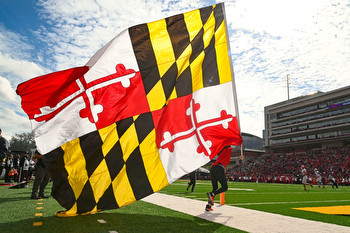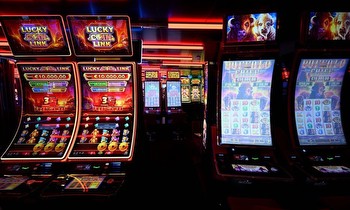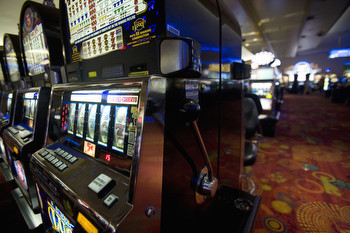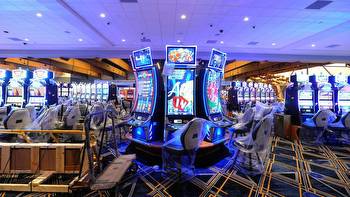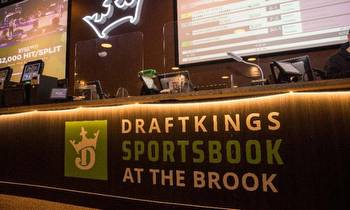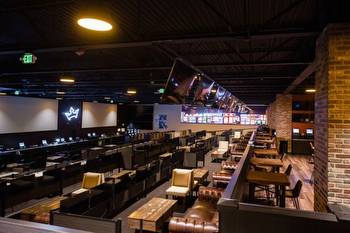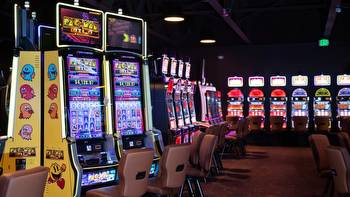Amid push for online gambling in NH, charitable gaming advocates see threat
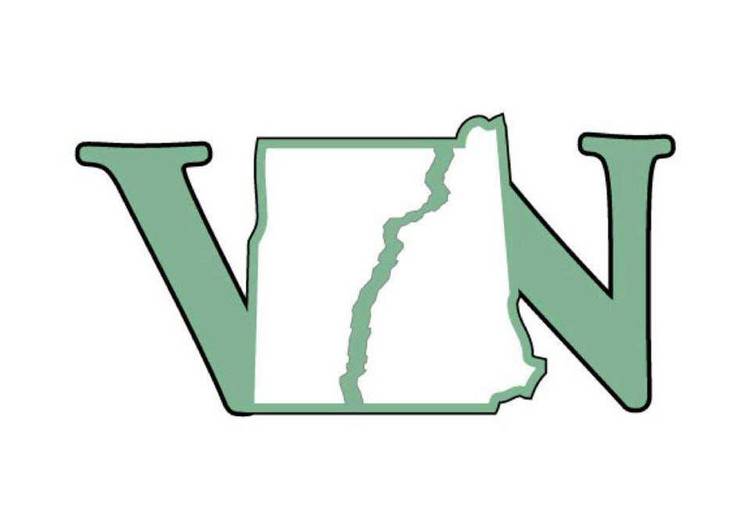
Online poker is illegal in New Hampshire and most of the rest of the United States. But many find ways to do it anyway, experts say.
Those interested download VPNs — “virtual private networks” — allowing them to discreetly access websites that are often incorporated offshore. There are risks, and if users are defrauded out of their winnings, there is little oversight or recourse under U.S. law.
But the practice is popular: 48% of people who report playing online poker — and other casino games — have done so on illegal channels, a national survey by the American Gaming Association found.
This year, some in the Granite State want to take advantage of the online gaming demand and legalize the practice in the state. And they’ve proposed devoting the proceeds to a scholarship fund for the community college system.
“I didn’t come in because I wanted to legalize online gaming. I came in because I wanted to provide a solution to our workforce problem,” said Sen. Tim Lang, a Sanbornton Republican and the sponsor of the bill. “And using our community colleges as a way to get there.”
Proponents say the move would allow the state to reap financial benefits from people who are gambling online illegally already. And they say the scholarship fund would provide opportunities to lower-income people to improve their professional qualifications and help fill critical vacancies.
But the proposal has drawn concern from some charities in the state, who say that legalizing online gambling could cut into revenue at the state’s brick-and-mortar charitable gaming organizations. That would mean less funding to those charities, they argued.
Passed by the Senate, 12-11, Senate Bill 104 would legalize online “table” games such as poker, blackjack, roulette, craps and baccarat. Those games are currently only legal to gamble on at charitable gaming venues in person. The bill would direct the New Hampshire Lottery Commission to regulate the games; all profits left over after administrative costs, prizes and payments for problem gaming would then go into the Community College Scholarship Fund.
That fund would provide scholarships for community college expenses for New Hampshire residents whose household income is less than or equal to $100,000. The scholarships could go toward paying for community college courses, materials or to help pay for tuition expenses for people transferring community college credits into the state’s university system.
Lang said the fund could help fill workforce gaps in crucial industries in the state, such as nursing and manufacturing.
Charles Lloyd, president of White Mountains Community College, said the scholarship funding could make a major economic impact for some families.
Recently, one family has used the commercial driving license program at the college to help grow its trucking business, Lloyd told lawmakers. The program allowed the one-person business to grow into a three-person business as more family members became trained and allowed the family to purchase a second truck, Lloyd said.
“Now, not only do they have a great income stream to be able to contribute to that but also, they’re now running two trucks,” he said.
Legalizing online gaming could bring in substantial revenue to support the scholarship fund, proponents say. An analysis by the New Hampshire Lottery Commission found that the state could take in $40.5 million by 2026 after its first two years.
But critics say the proposal adds a new and unnecessary threat to the state’s charitable gaming system. And many use a specific word: cannibalization. The new gaming options will eat into the current market, opponents say.
“I’ve always viewed this as a balloon: You squeeze one end, and it’s going to pop out here and get smaller in the other end,” said Jon Eriquezzo, president of Meals on Wheels of Hillsborough County, a beneficiary of charitable gaming.
Since 2006, the state has allowed brick-and-mortar establishments to offer card games and other types of casino games on behalf of charitable organizations as long as 35% of the gross gaming revenue — the amount received minus the prizes — goes to the charity. Card and table games offered by those establishments are subject to statutory limits; participants are capped at $10 per individual wager, for example.
The state’s 14 charitable gaming facilities sent nearly $15 million toward charities in 2022, according to the Lottery Commission.
For many charities that participate, the money can make a difference, representatives told lawmakers.
The New Hampshire Historical Society receives a quarter of its annual funds from charitable gaming proceeds, said Bill Dunlap, a representative. “So we rely on it,” he said.
Other organizations, like Meals on Wheels, are less dependent on the charitable trust money; the Hillsborough County organization takes about $50,000 in charitable funds and has a $4 million annual budget, Eriquezzo said. But losing out on the funding would nonetheless be a blow, he argued.
“We have to raise about ($1.2 million) every year, and so this contributes to that,” he said. “And what’s the impact (of losing it)? I can say a number of meals won’t be served, but the reality is I have to cut a position.”
Future In Sight, the Concord-based nonprofit previously known as the New Hampshire Association for the Blind, has counted on the funding too, CEO Randy Pierce said Tuesday.
The nonprofit has already received half as much in charitable gaming funds since 2022, when lawmakers passed a law requiring charitable gaming facilities that offer historic horse racing to split their donations among charities, Pierce said.
If lawmakers were to legalize online gaming and charitable gaming were to take a hit, that would further hurt Future In Sight, he added.
Proponents of the bill say concerns around the effects of online gaming are not rooted in reality.
Rebecca London, the government affairs manager for DraftKings, the Boston-based national online gaming company, said online gaming in New Hampshire would not detract from charitable gaming because the target demographics are different. In-person casino gamers skew older, while those playing online games are typically younger, London said.
And London said the states that have legalized online gaming have so far not seen a resulting decline in brick-and-mortar gaming.
If the bill passed, DraftKings would be eligible to offer online gaming services in New Hampshire.
“What we see is those who are most likely to participate in online gaming are not doing so at the expense of existing markets, because it’s typically users who are doing so illegally and are a different demographic than those of current legal options,” London said.
Lang agrees: “I’d argue people are already gambling in New Hampshire. This just legalizes what they’re doing to bring revenue to the state.”
While the bill eked through the Senate, questions in the House Ways and Means committee Tuesday suggested there is skepticism from both sides of the aisle. The committee will vote on a recommendation and send the bill to the House for a full vote in the coming weeks.
Rep. Fred Doucette, a Salem Republican, argued the current charitable gaming system had been carefully crafted to reduce the possibility of major gambling companies gaining a foothold.
“We as a legislature decided against big gaming in the state,” he said.








